“Replies when someone says be safe,” they are expressing a sentiment rooted in care and concern for the other person. Responding to this phrase is an important part of expressing what it means to be part of a community.
By understanding its meaning, replying appropriately within different contexts, and using positive language, one can demonstrate their own sense of belonging and support for others.
This article will explore the cultural significance behind “Be safe” as well as provide advice on how to respond meaningfully based on regional differences.
It will also discuss why saying “be safe” is important and offer examples of suitable replies in various situations.
Replies When Someone Says Be Safe: Responding when someone says “Be safe” is important for maintaining positive interactions. This article offers insights into various ways to reply, show appreciation, and foster a sense of well-being in your relationships.
The Meaning of “Be Safe”
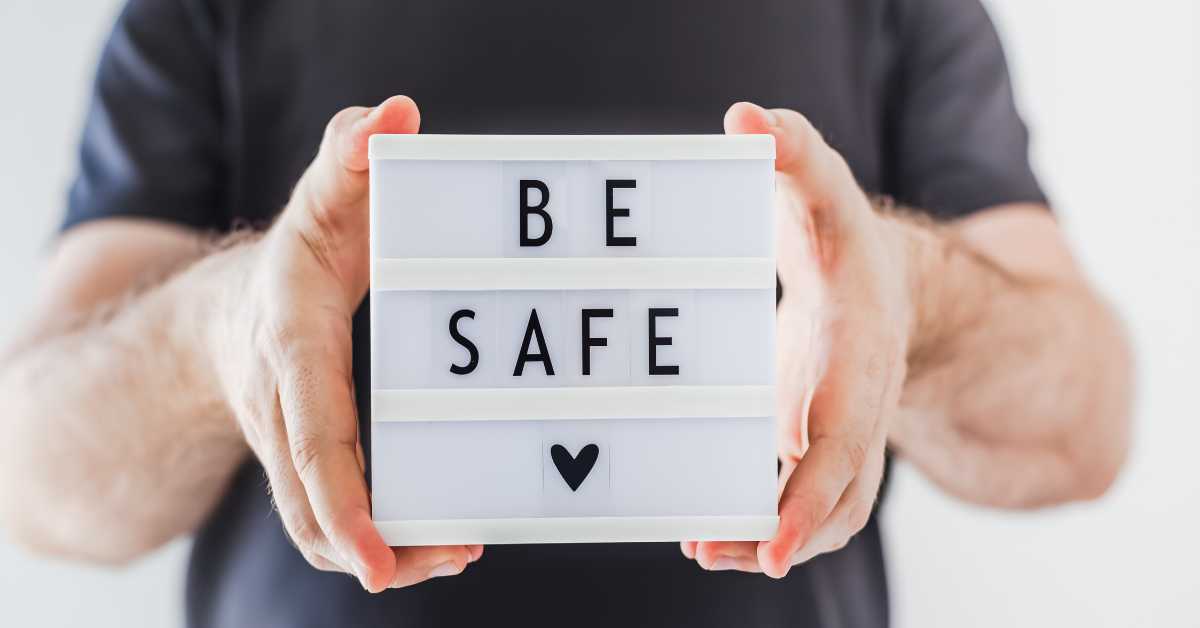
The phrase “be safe” has become widely used as a way to express well-wishes and concern for someone’s safety. It is often uttered as a casual phrase when parting with loved ones or acquaintances.
The term implies that the speaker desires the other person to remain unharmed in whatever situation they are entering into. By offering this sentiment, the speaker shows that they care about and value the individual’s well-being, which can be profoundly meaningful for the recipient.
Additionally, it serves as an expression of shared humanity and community; it conveys a sense of belonging between two people who may not know each other very well but still feel connected in their desire to stay safe.
Reply Options
When discussing the reply options to “be safe”, there are four common expressions that are often used:
- “You too”
- “Stay safe”
- “Be careful”
- “Be well.”
Each phrase offers a different sentiment and emphasizes a distinct message of safety and consideration for the speaker.
Consequently, it is important to understand the meaning behind each expression in order to determine which response is most appropriate in any given situation.
You Too

Take heed of your own advice and remain safe. You too are a common response to being told to be safe.
It is often used as an act of camaraderie, showing that the other person’s safety is just as important as one’s own.
This phrase also serves as a reminder that we are responsible for our own safety and actions, regardless of what another individual may tell us.
Additionally, it indicates that we care deeply about the other person and want them to stay safe from any possible danger or harm.
The importance of looking after oneself and others is something that should never be taken lightly, especially in uncertain times like these. By saying ‘you too’, we can ensure both parties know they are in each other’s thoughts and have their best interest at heart.
Stay Safe
Remaining safe is of paramount importance in uncertain times. Ensuring one’s safety has become a priority for many individuals as the world continues to grapple with the ever-changing challenges posed by the global pandemic.
Staying safe requires an intentional effort and proactive attitude towards taking necessary precautions, such as wearing face masks when out in public and regularly washing hands.
It is also important to maintain physical distancing from others at all times, even when outdoors or in other public places.
Additionally, it is essential that people stay informed of any new developments related to COVID-19 so they can take appropriate steps to protect themselves and those around them.
By staying mindful of these simple actions, everyone can help ensure their safety on a daily basis no matter what circumstances they may find themselves in.
Be Careful
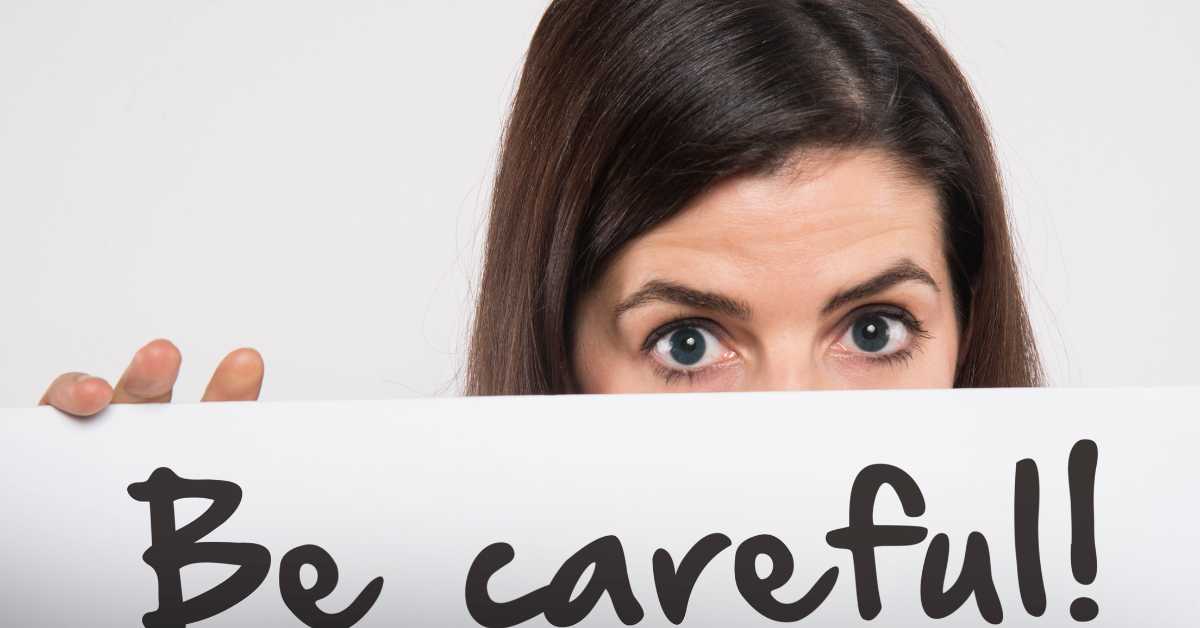
It is imperative to exercise caution in order to protect oneself and those around them from potential harm.
Being careful is a necessary precaution that can help prevent unfortunate circumstances from occurring.
Taking the time to assess any situation and be aware of potential risks can go a long way towards avoiding hazardous outcomes.
Listening to one’s intuition can be beneficial, as it often serves as an indicator of what decisions should or should not be taken.
Additionally, planning ahead and taking appropriate measures when needed are also key factors in ensuring safety. All these practices are essential components of being safe, both physically and mentally.
By making thoughtful choices, people can make sure that they do not put themselves or others at risk unnecessarily.
Be Well
Continuing on from the previous discussion, this section will focus on responding to someone with ‘Be Well.’
This phrase is typically used as a way to express concern for another person’s well-being. It can be interpreted in many ways, such as wishing them good health and happiness or expressing sincere empathy during difficult times.
Depending on the context, it could even be seen as a sign of admiration and respect for someone doing their best in life.
Therefore, replying with ‘Be Well’ can be an effective way of conveying compassion and support towards others.
Why Saying “Be Safe” is Important
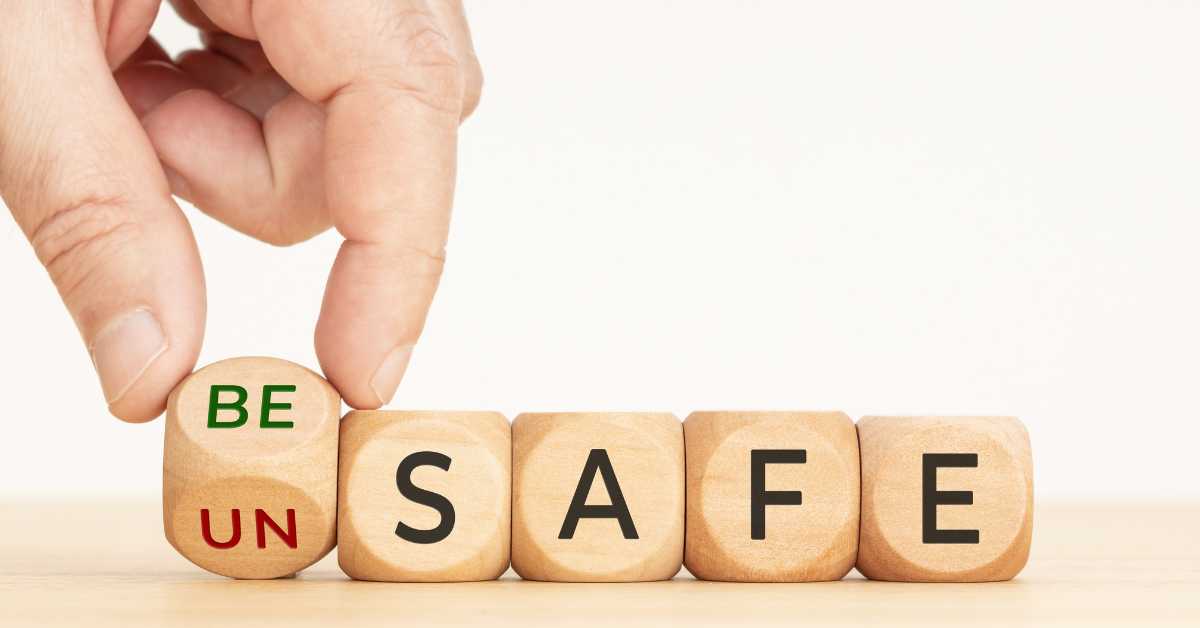
Expressing good wishes for safety not only demonstrates concern and caring but also serves as a reminder to practice caution.
Saying ‘Be safe’ is an important way of showing care for loved ones, friends, and even strangers.
It is a sign of respect and recognition that the other person’s well-being matters deeply.
When someone tells another to be safe, it communicates that they value their health and well-being as much as their own. In times of uncertainty or danger, such words provide reassurance and remind us that we are all connected in our shared humanity.
By saying “be safe” we demonstrate our commitment to creating a world where everyone can feel secure and cared for.
Reply Examples in Different Contexts
Acknowledging the importance of expressing care and concern, it is worth exploring some of the ways in which individuals may reply to a ‘be safe’ statement in various contexts.
Responding with an affirmative utterance such as ‘I will’ is a simple but effective way to show understanding and appreciation for another person’s sentiment.
In more formal settings, common replies include ‘thank you’, or alternatively, if one wishes to extend their own kindness and concern for another individual’s safety, they might say something along the lines of ‘you too’.
In relaxed settings between close friends or family members, more humorous responses are often used to show camaraderie and light-heartedness. For example, saying ‘Same here!’ can be an amusing yet meaningful response that conveys a sense of belonging among those involved.
Tips For Responding Meaningfully
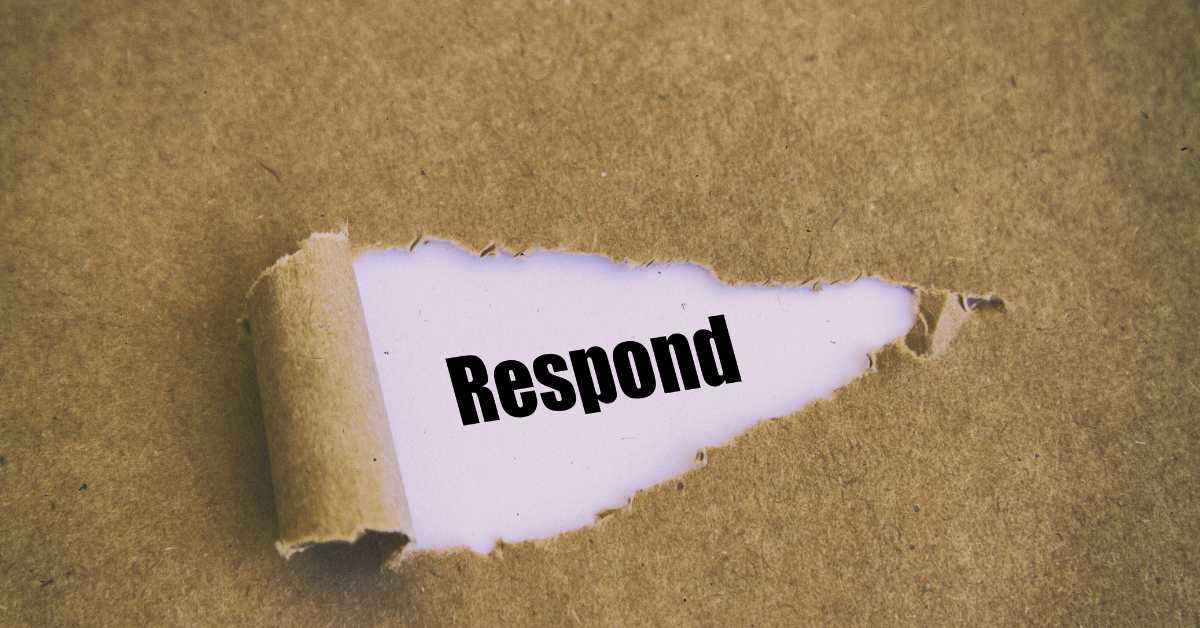
It is important to respond meaningfully when someone says ‘be safe’ as it can help create a sense of community and belonging.
In order to do this, consider the context in which the phrase is used and be mindful of how your response might make the other person feel.
It may also be helpful to use phrases that emphasize support or encouragement, such as “I’m wishing you well,’ “Take care,’ or “Stay strong.’
Additionally, if appropriate, you could offer practical advice on how to stay safe. This could include providing information on safety measures they should take in different situations, such as following local regulations, wearing protective gear, or avoiding certain areas.
Ultimately, responding with thoughtfulness and consideration can help create a supportive atmosphere for everyone involved.
Situational Responses
When encountering a situation in which ‘be safe’ is said, it is important to consider an appropriate response. It is beneficial to understand the context of the conversation and tailor a reply that adequately reflects the sentiment expressed by this phrase.
One approach could involve expressing appreciation for the concern and reassuring them of one’s safety precautions. Alternatively, conveying an understanding of their feelings and offering words of support can also be effective.
In some cases, choosing to keep silent may be the best option as it allows both parties to feel heard and understood without needing further verbal exchange.
Taking into account these various options will help ensure that a meaningful response can be provided when ‘be safe’ is uttered.
Cultural Significance

The phrase ‘be safe’ carries a great deal of cultural significance, conveying a sentiment of care and concern.
It is seen as an expression that communicates goodwill and expresses the idea of looking out for one another.
It can often be used to show appreciation for someone’s efforts or create a sense of community, especially when parting ways.
In some cultures, it has become a common way to offer good wishes, indicating that one hopes the other person will be safe in their endeavors and journeys.
This simple gesture can also lend support in difficult times, letting people know they are supported even if physical contact is not possible.
Overall ‘be safe’ serves as an important social cue that acknowledges our shared humanity and brings us closer together.
Appropriate Reply in Different Regions
In different regions, the phrase ‘be safe’ may be reciprocated with various appropriate responses.
For instance, in the United Kingdom and Ireland, ‘you too’ is a popular response to somebody wishing them safety.
In Australia and New Zealand, it is common for people to answer ‘cheers mate’ or simply say ‘thanks’.
In North America and some parts of Asia, people may respond with ‘take care’, while in southern Europe they might reply with ‘buona fortuna’, which translates as good luck.
Generally speaking, the cultural significance of this phrase remains constant: it symbolizes care and concern for one another’s well-being.
No matter where someone is located geographically, acknowledging an individual’s safety fosters a sense of belonging that everyone can understand and appreciate.
The Power of Positive Language
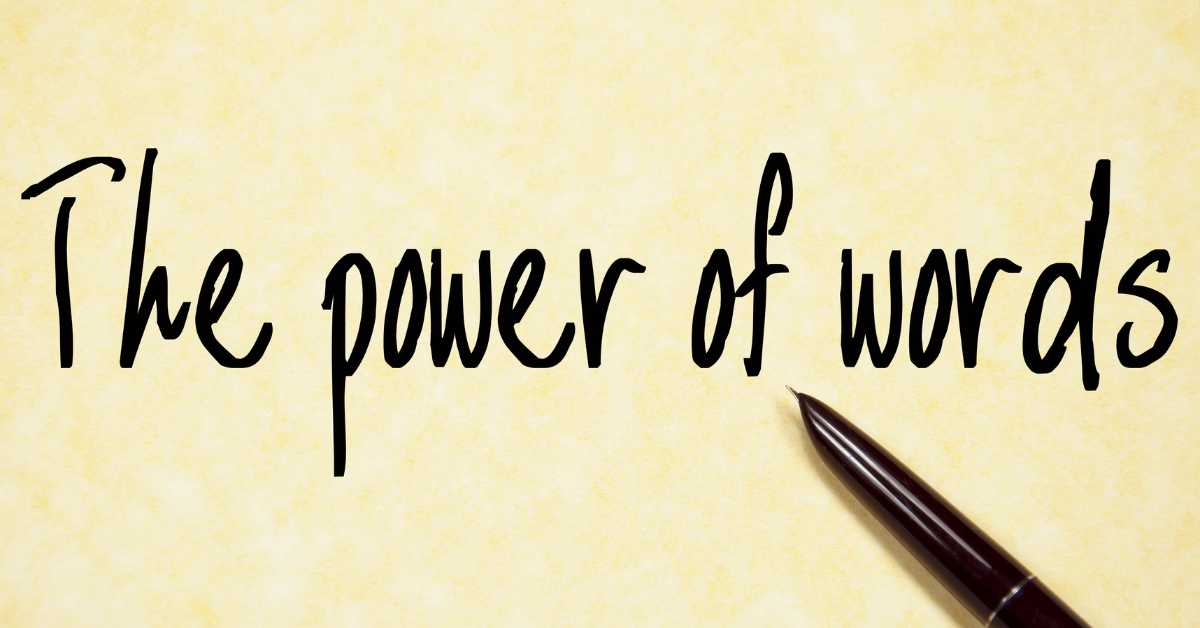
Expressions of safety, such as ‘be safe’, have the power to demonstrate care and concern for another’s well-being.
Positive language can create a sense of belonging between people by conveying support, understanding, and comfort.
When a person uses phrases like ‘take care’ or ‘stay safe‘, it shows that they are aware of the other person’s needs and want to ensure their safety. Such language is especially important when traveling or engaging in activities that pose potential risks.
It communicates that someone cares about the individual’s well-being and has their best interests at heart.
Additionally, positive words can help reinforce behaviors that promote safety, creating an atmosphere where risk is taken seriously but met with understanding rather than blame or judgment.
In this way, simple expressions of safety can be powerful tools for connecting with others while promoting health and security.
15 Great Replies When Someone Says “Be Safe”
I have compiled a list of 15 great replies when someone says to be safe:
- Likewise!
- Thanks a bunch.
- You have a good one too.
- Appreciate your visit. Catch you soon.
- Your concern means a lot.
- Reminds me of the guy who dared to snack on a floor cookie.
- Nope, I prefer living on the edge.
- Safety is overrated; where’s the thrill?
- Embrace the wild side. YOLO!
- Absolutely, we’ll catch up later.
- Courage is the best policy.
- My senses are alert and ready.
- Take it easy.
- I’ve got it covered; no need to worry.
- Safe is predictable; let’s spice it up!
FAQs About Replies When Someone Says Be Safe:
Q:1 How do I respond when someone says “be safe” in an online context?
When someone says “Be safe” online, a respectful response is to express gratitude for the sentiment. Acknowledge that safety is important and thank them for their concern. This conveys respect and appreciation while demonstrating one’s own commitment to safety.
Q:2 Are there any negative implications of replying with “be safe”?
Replying with “be safe” can be perceived as passive and lacking in depth. It may be interpreted as a lack of care or genuine concern for the other person, which could lead to feelings of disconnection.
Q:3 Is there a difference between saying “be safe” and “stay safe”?
It is possible to interpret a difference in meaning between “be safe” and “stay safe”. The former implies an action of becoming safe while the latter suggests maintaining safety. However, both phrases can be interpreted as expressions of care when used in the same context.
Q:4 What are some alternatives to saying “be safe”?
Alternative phrases to wishing someone a safe journey might include: “take care,” “travel safely,” or “go with caution.” These expressions all express the same sentiment of wanting another individual to remain safe during their travels.
Q:5 In what situations should I avoid responding with “be safe”?
When responding to another person, it is important to consider the context of the situation and whether or not using the phrase “be safe” is appropriate.
In some instances, such as when addressing someone in a professional or sensitive setting, it may be more suitable to use alternate language that conveys a similar sentiment but expresses it in a way that promotes feelings of safety and belonging.
Conclusion:
Conclusion: Saying “Be safe” is an important and meaningful expression that carries with it a sense of care, concern, and support to the recipient.
In different contexts, the phrase can take on different meanings ranging from wishing someone well in a hazardous situation to expressing goodbye.
Different cultures have varying levels of significance associated with the phrase which should be respected when responding.
By replacing negative language with positive phrases such as “be safe”, we can help create an atmosphere of warmth and kindness in our everyday conversations.
We hope you will be well aware of Replies When Someone Says Be Safe, after reading this comprehensive article. If you have any questions, feel free to comment below!
